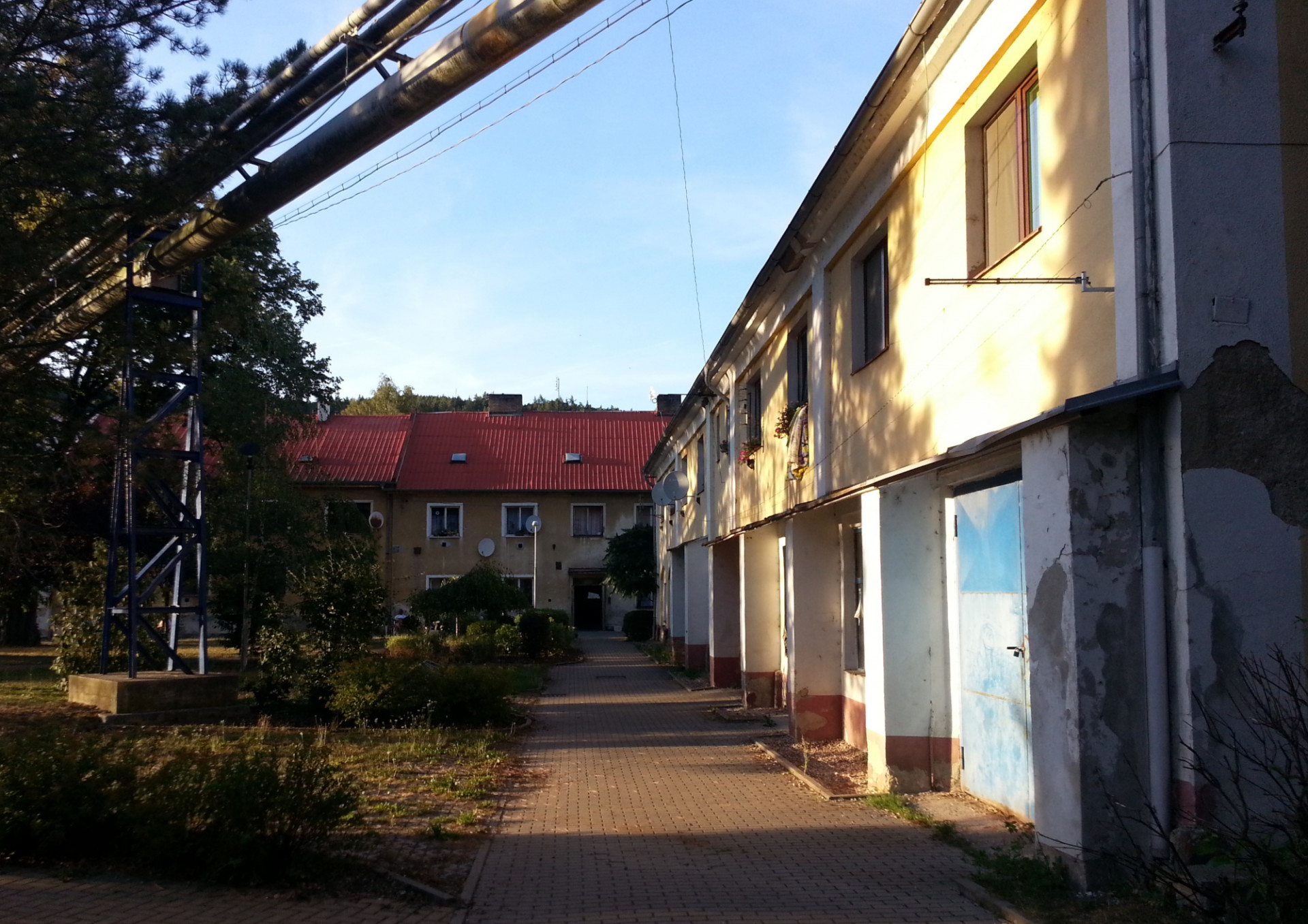CESCAME mini-série 2022: Urban practices and social change
Letos zveme na sérii tří přednášek o udržitelnosti, městských praktikách a politikách, každodennosti, neformalitě a jejich potenciálu pro sociální změnu. Akce budou probíhat v anglickém jazyce.
Po loňské zahajovací přednášce a online konferenci vás zveme na sérii tří přednášek o městě, udržitelnosti, městských praktikách a politikách, každodennosti, neformalitě a jejich potenciálu k podpoře sociálních změn.
Přednášet u nás budou Örjan Sjöberg (14. červen), Alexa Färber (20. září), a Lela Rekhviashvili (12. říjen). Přednášky budou probíhat v anglickém jazyce, abstrakty tedy nepřekládáme.

The missing link between climate action (SDG 13) and reduced inequalities (SDG 10): the urban dimension
14. června 2022, 15:30 - 17:30, na Sociologickém ústavu AV ČR, v místnosti 207 a na Zoomu.
Lin Lerpold a Örjan Sjöberg
Dept. of Marketing and Strategy and Center for Sustainability Research, Stockholm School of Economics, Stockholm.
A considerable and growing body of research focuses on the interlinkages between the Sustainable Development Goals (SDGs) under the United Nations Agenda 2030. One consistent finding is that synergies and trade-offs across the SDGs appear to exist. Although there is little agreement just how these synergies and trade-offs align, it is indicative of a need to think through that interdependence. This is also true of the interconnectedness of different types of SDGs. Thus, climate and environmental sustainability and social sustainability are often theorised and empirically depicted as separate challenges. We set out to explore the trade-offs and suggest ways forward for a more holistic understanding. Unlike the rapidly expanding body of quantitative assessments, we focus on conceptual issues. We do so because data-based approaches do not only yield conflicting results but are typically not in a position to discriminate between them. Instead, starting from a main assumption under SDG 8, namely if the SDGs focused on the social world are to be met with a measure of success, economic growth has to continue but without it increasing the ecological footprint of humankind. For now at least, evidence of such decoupling is patchy at best. We therefore inquire into the possible risk of environmental goals and targets under Agenda 2030 might come in conflict with those that address social equity. We illustrate what this might imply with reference to sustainable urban development.
Enduring the city? How to do social change with promises
20. září 2022, 15:30 - 17:30, na Sociologickém ústavu AV ČR, v místnosti 207 a na Zoomu.
Alexa Färber
Institute of European Ethnology, University of Vienna
The attraction of cities stems between others from a multitude of promises. These urban promises typically appear as promises of urbanity – imbued with ethical imaginations of freedom, equality (access to infrastructures, to consumption and, most important, to work) and, therefore, care and opportunities. Concerning these cultural representations, urban anthropology may add insights into the lived disparities they entail and question their potential for social change. More profoundly, the analysis of everyday situations may help to complicate indealised visions of urban promises and shed a light on the quality of time, space and social bonds emerging from the city as promissory assemblages.
Why won't urban informality disappear? Marketisation, social embeddedness and shifting spaces of informality in urban mobility
12. říjen 2022, 14:00-16:00, na Sociologickém ústavu AV ČR, v místnosti 207 a na Zoomu.
Lela Rekhviashvili
Leibniz Institute for Regional Geography, Leipzig
Literature on urban informality in post-socialist East has concerned itself primarily with how informality relates to state, whether it operates “ beyond”, “in-spite of”(Polese et al., 2018) or “under the auspices” of the state (Olma, 2021), all the while dismissing what kind of socio-economic orders are produced, reproduced or contested by informal practices. Lack of interest in diversity of socio-economic logics of informal practices coupled with overall dominance of capitalocentric attitude in social science (Gibson-Graham, 2006) has often led to implicit and explicit equation of urban informality with market-like practices. Initially seen as a transitional phenomenon to disappear alongside advancement of capitalism in the region, urban informality proved resilient throughout the past decade. In this talk I elaborate on how urban informality relates to capitalism, and why it's being reproduced.
Drawing on long-term ethnographic study of various subaltern groups in Tbilisi – informal transport workers, and informal parking guards – and inspired by Polanyian reading of non-market forms of social integration and Gibson-Graham’s diverse economies perspective – I illustrate challenges of seeing urban informality as yet another, albeit inferior, manifestation of capitalist relations. Such an approach misleadingly portrays informal or ‘shadow’ or ‘second economy’ under socialism as a space for capitalist entrepreneurship. It also is often seen as one of the negative legacies of Socialism, as well as manifestations of the deficiencies of the new capitalist economies of the East. The suggested political solution to the prevalence of informality seems to be the establishment of deeper and more institutionalised forms of capitalism, to ‘emancipate’ informal entrepreneurs. In contrast, in this talk I illustrate that informal economic practices, especially those pursued by urban subaltern groups, often subvert rather than resemble capitalist relations, are socially embedded and have their own reciprocal and redistributive logics. Established forms of urban informality are being reproduced and new forms of informality emerge in the face of each wave of Neoliberal marketisation policies. They stay continuously important to absorb social-costs of marketisation, to ensure social reproduction, and doing so, also to enable capitalist accumulation. In the light of these findings, I suggest that informality is not an outcome of unfinished marketisation but rather a product of marketisation, its not necessarily resembling capitalist relations but is an integral part of it, primarily because it represents the non-capitalist ‘other’, necessary for expansion and reproduction of capitalism.